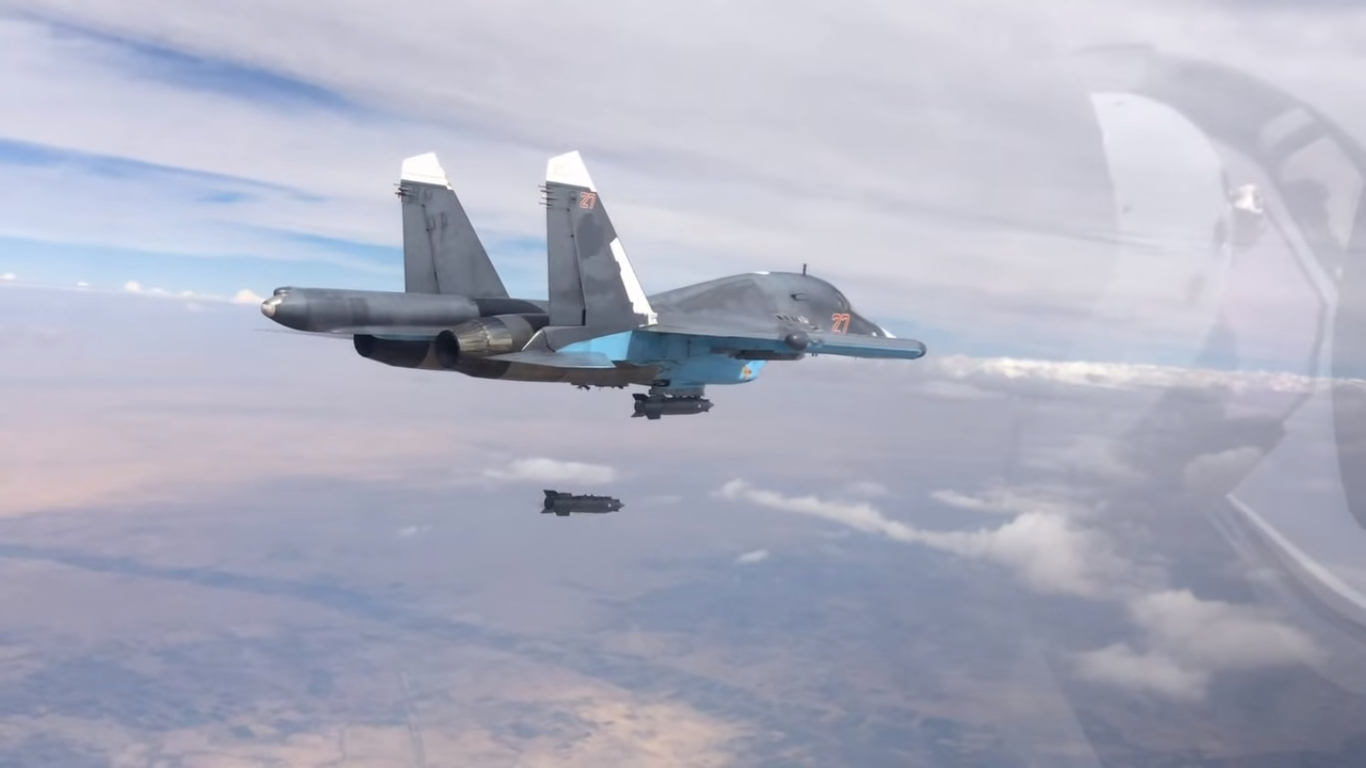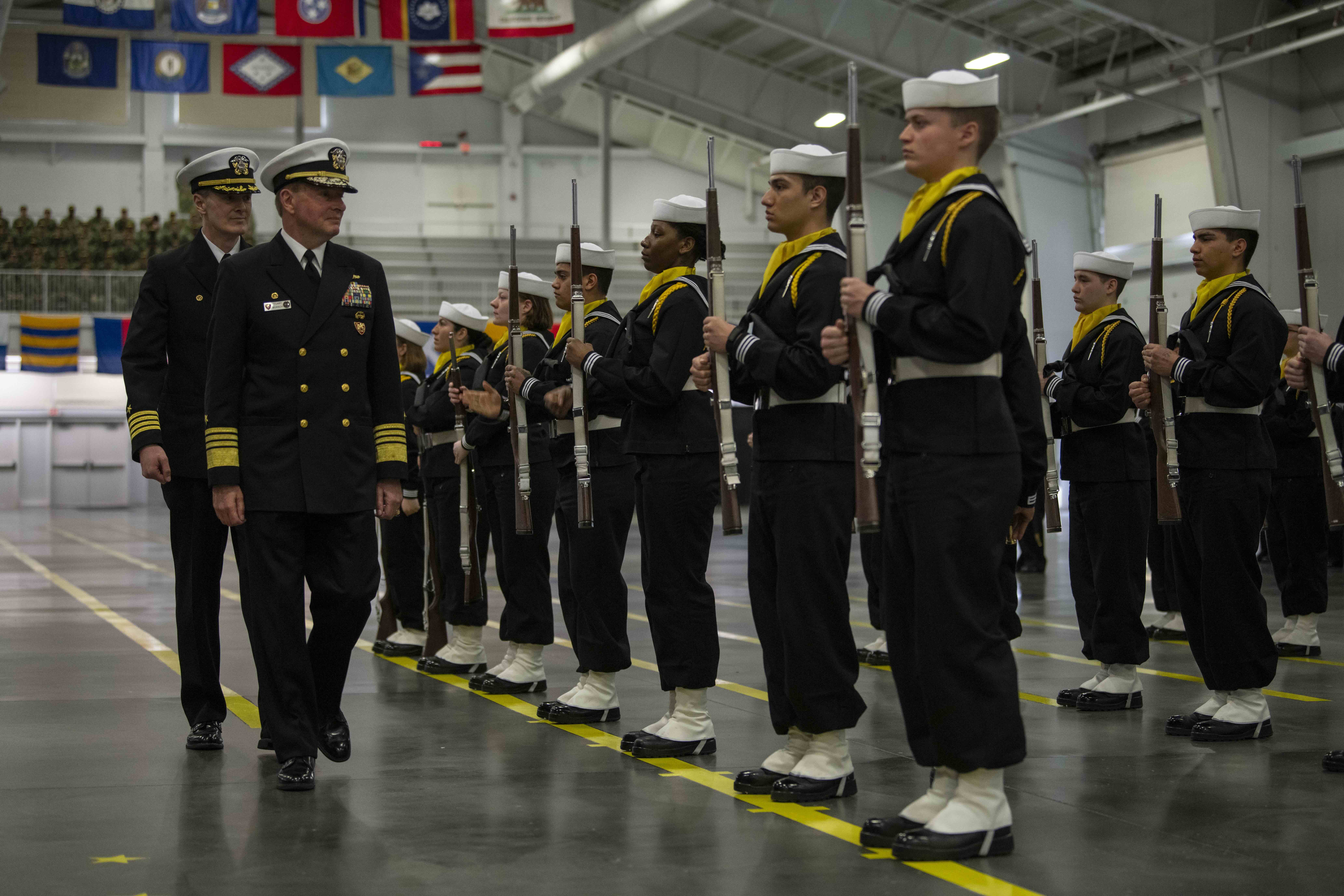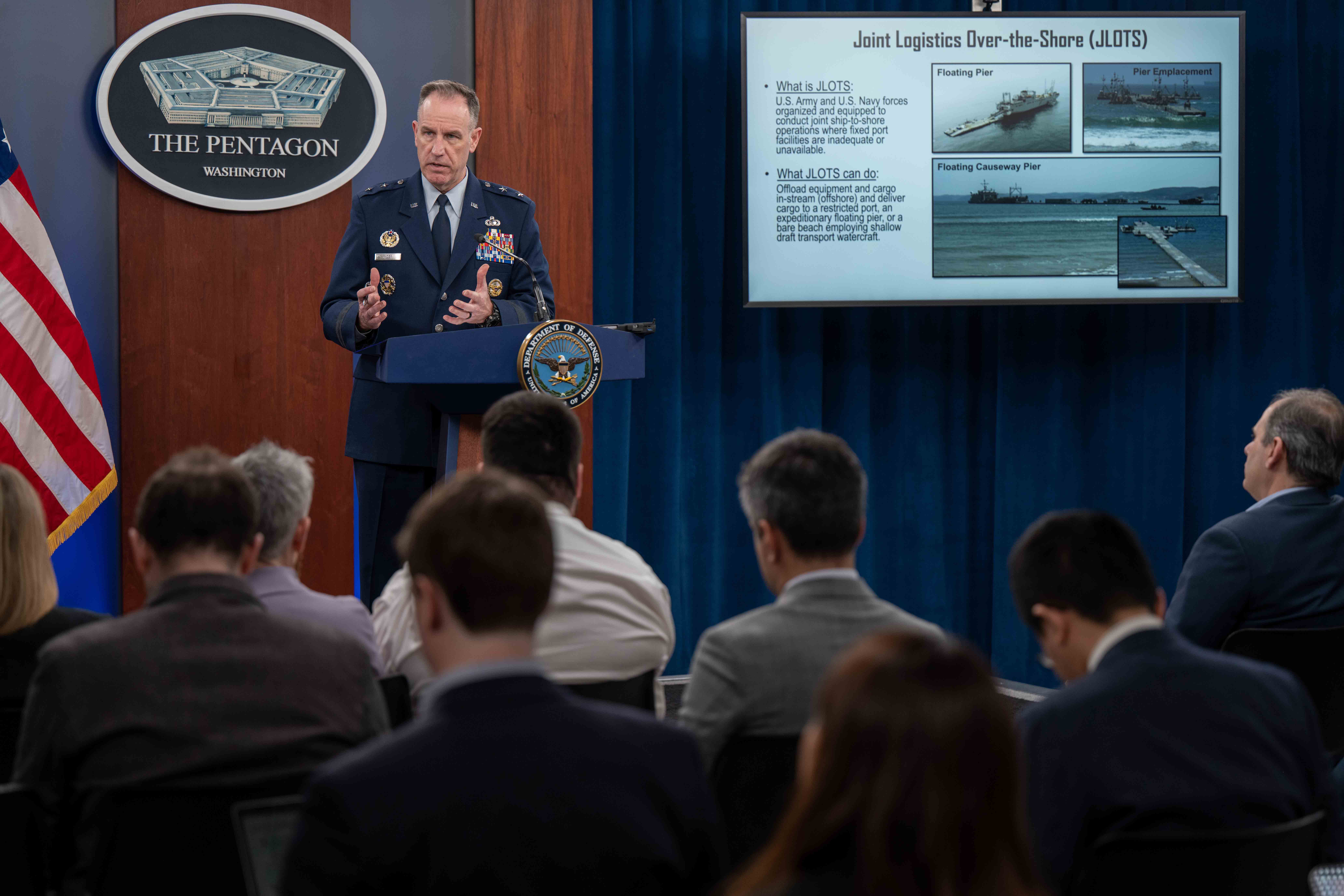
When it comes to Syria’s long-running civil war, Secretary of State Rex Tillerson “needs to get the United States engaged in the diplomacy that is now going on between Turkey and Russia,” but not the war itself, a scholar at the Atlantic Council’s Hariri Center said Wednesday.
For example, establishing “safe zones” would be a “complicating factor” in the United States’ engagement diplomatically with NATO ally Turkey and Russia — a nation that the administration has said it wants to have better relations with, Faysal Itani said during a discussion on Mideast and North Africa options for the new administration.
“I don’t think these [protected areas are] unrealistic,” even without the Syrian government or Iran’s support. He added, “I see this was an attempt [by the administration]… to tamp down the violence and get on with other things” in defeating the Islamic State, which still controls territory in Syria and Iraq, and working with Russia on a host of other issues.
Iran and Russia both back embattled Syrian president Bashar al-Assad.
Looking at the current state of Libya, Mohamed Eljarh, speaking for Copenhagen, said, “There’s a lot of blame to go around,” starting with NATO and the European Union not having a plan of what they would do when Muammar Gaddafi was overthrown and Libyan leaders being “naive that they [believed they] could go it alone” without aid in establishing a new unity government.
He noted when the regime was toppled there were about 30,000 militia fighters in the country, now there are an estimated 250,000 being used by different political leaders to extend their territorial influence.
The Islamic State and al Qaeda are still operating in Libya, but control less territory. The danger from the Islamic State is that its fighters link up with Boko Haram to the south or cross over into Tunisia.
Eljarh said the United States “only viewed [Libya] through a security lens” for years, and that could continue into the future. He urged the Trump administration to become involved in summit talks among Egypt, Algeria and Tunisia on Libya’s political future or Russia might step in to fill the vacuum.
Yemen too has been long seen by American administrations through a security lens, trying to destroy an al Qaeda affiliate. Al Qaeda on the Arabian Peninsula was the target, Tarek Radwan, who specializes in Yemen, said.
The United States also did not take into account the resentment that built up in Yemen over the collateral damage deaths of civilians that accompanied the drone strikes. They were using “kind of a whack-a-mole strategy” that raised support among Yemenis for terrorist organizations.
For predominantly Shia Iran, the fighting in Yemen “is a low-cost/ high-impact option” with the government now supported by Saudi and Gulf Cooperation Council forces. Saudi Arabia and the Gulf States are primarily Sunni. “The Saudis have every right to be concerned” about what is going on at their border with Houthis launching missile attacks into their country.
Americans “think themselves that the Houthis [fighting the government] are aligned with Iran,” but the issues are more complicated and local than that.
“The fighting is not going to stop until there is a political solution” in Yemen, he said.
Radwan said, “The amount of damage to the country is going to take years to return it to a baseline of normal,” the time before the Saudi intervention in 2015.
Turning to the executive order banning entry to refugees and residents seeking travel or business visas from seven predominantly Muslim countries, Radwan said,
“The way it was rolled out was very ad-hoc, [and] its implementation is still very ad-hoc,” he added.
The administration “wants to re-tool the State Department … to focus on counter-terrorism,” not civil development projects and programs.





